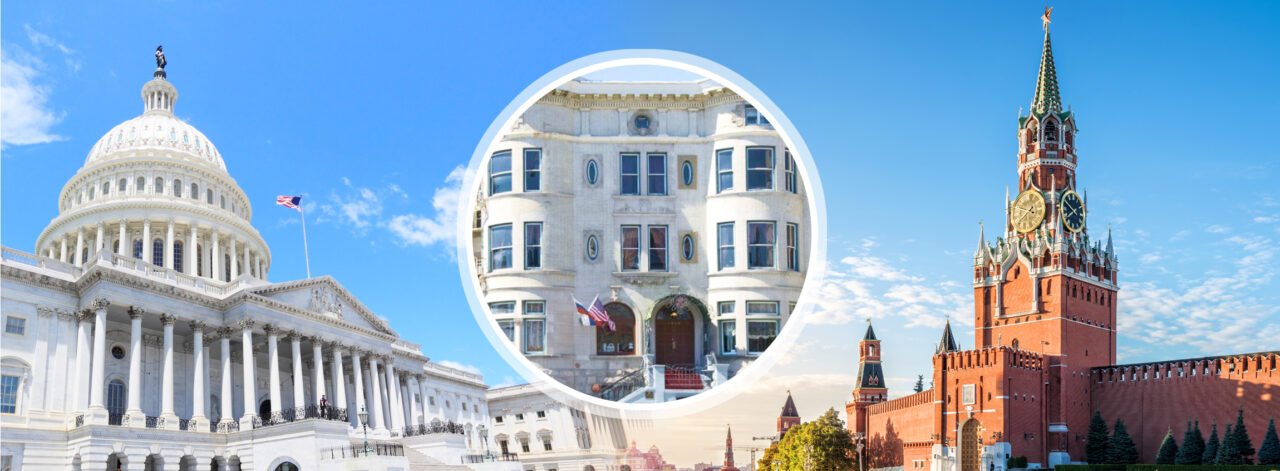Mark Adomanis
Contributor, "Forbes"
The New York Times had a thoroughly puzzling editorial on the EU's "eastern partnership" and the efforts to bring Armenia, Azerbaijan, Belarus, Georgia, Moldova and Ukraine closer to the West. Why "puzzling?" Well because the editorial board is very cross with the Russians for using tactics that are essentially identical to those of the EU. Here's the relevant paragraph:
"Europe's use of trade leverage to encourage democracy is constructive and reasonable. Russia's attempts to bludgeon former vassals into continued economic dependence are not. The European Union offers something real and attractive. Russia, which wants them to join the customs union it has formed with Belarus and Kazakhstan, offers threats."
It's really rare that you see a double standard so baldly and unapologetically expressed. The New York Times is essentially saying "because we agree with the goals of the EU it's perfectly fine for it to use economic pressure. However the Russians shouldn't use economic pressure because we don't like their goals." The NYT's editorial board is not against using economic leverage, they're just against the Russians using economic leverage. Why the Russians would agree to be judged by this standard is, predictably, left said.
Now my sympathies lie entirely with the EU on this, and I've argued repeatedly that if I were in charge of setting Ukrainian policy that I would choose the route of European integration. But all states use economic pressure in furtherance of their foreign policy objectives, and they always will. That's what it means to be a state. States will offer free trade agreements and bi-lateral deals in exchange for friendly behavior and threaten tariffs, sanctions, or even embargoes to punish bad behavior. That's how the world works.
Complaining about Russian attempts to economically "bludgeon" various countries in Eastern Europe serves about as much useful purpose as complaining about the fact that the sun rises in morning and sets at night or the fact that it's cold in December. Of course the Russians will try to use their economic leverage to defend their interests. Every country does that. It's not proof of some unique form of barbarism or backwardness, it's proof that Russia is a state.
The conversation should be about how to counter Russia's (often crude and self-defeating) attempts at exerting economic leverage, not bemoaning the fact that they exist. Whether we like it or not the Russians will continue to use their economic leverage on the world stage. Every country on earth will do the same. Now it turns out that the West, even in its currently weakened state, is a lot wealthier than Russia and if it sets reasonably sensible policies should not have much trouble out-competing it. The EU's economy is roughly 8 times larger than Russia's, so it's not exactly facing off against a peer.
But the intellectual effort and discussion should focus squarely on setting good policy, not on expressing incredulity at perfectly predictable (and actually quite banal) attempts by the Kremlin to use the economic levers at its disposal.



_jpg/250px-ElbeDay1945_(NARA_ww2-121).jpg)







